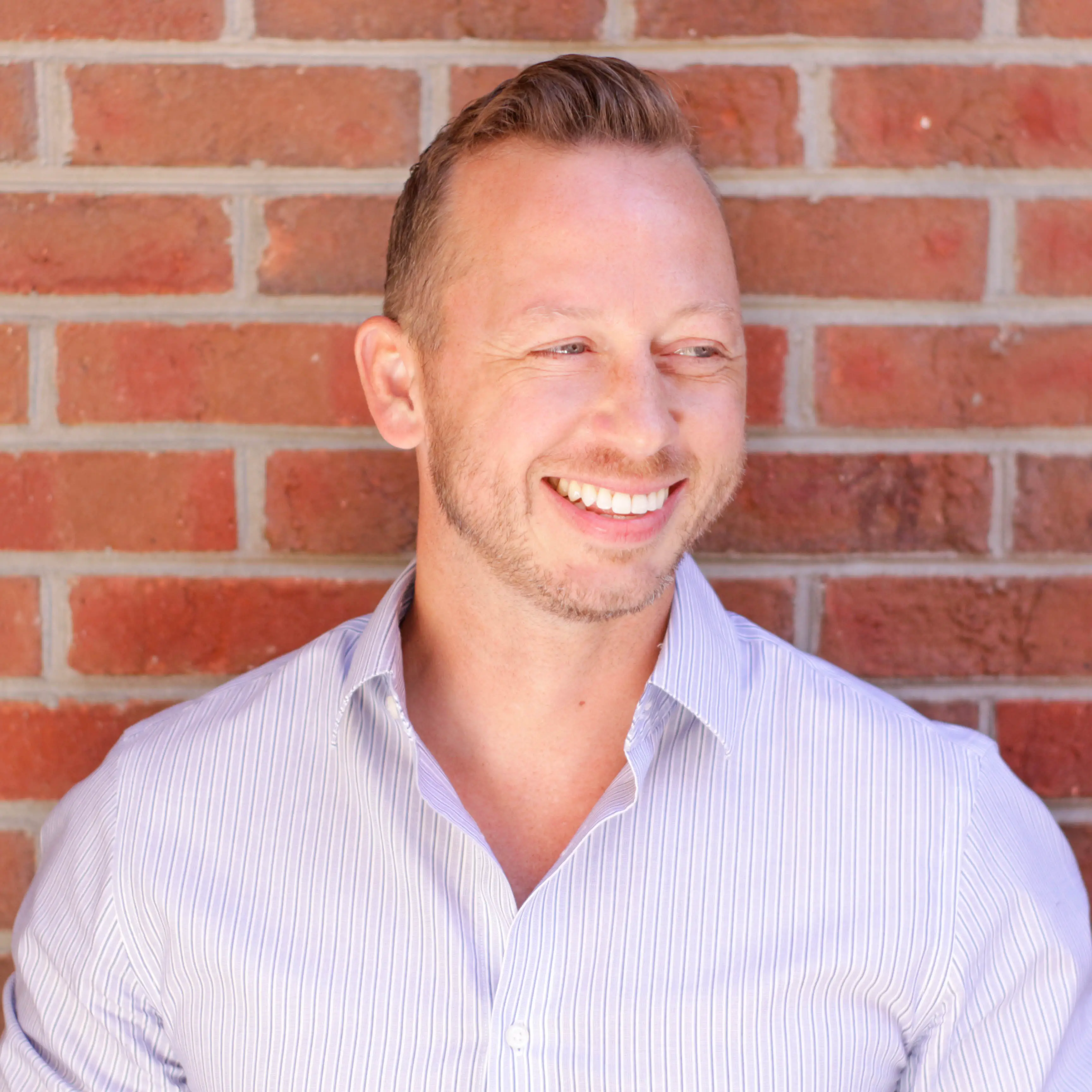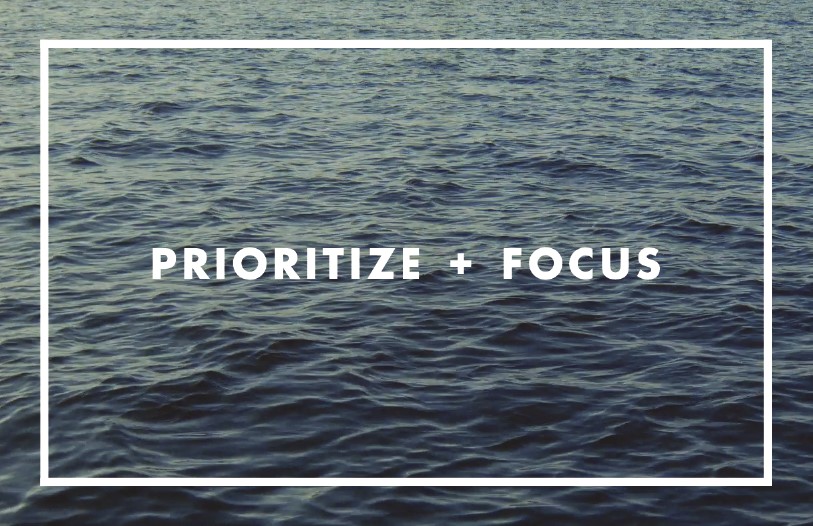Finding Flow & Focus in the Midst of Chaos: Book-Talk with Adam Johnston, CEO of Last Call Trivia
 Adam Johnston is the CEO and co-founder of Last Call Trivia, a project that hosts live team competition events using unique game formats all over the US.
Adam Johnston is the CEO and co-founder of Last Call Trivia, a project that hosts live team competition events using unique game formats all over the US.
Adam founded Last Call Trivia with his buddy Drew Turner in 2007, when they saw a niche for trivia nights in the Cincinnati area. Growing this bootstrapped business has helped Adam learn more and faster than in business school. In the years that followed, they grew a powerful community and organized trivia nights in hundreds of bars across the US.
Besides spreading knowledge in a fun way, Last Call Trivia is a supporter of Ending Alzheimer’s, regularly donating to the Alzheimer’s Association part of their proceeds and participating in the Walk to End Alzhemier’s.
From our book-talk you’ll learn more about Adam’s favorite books and resources that helped him find flow, prioritize and focus in the midst of chaos and ever-changing priorities, what habits have most impacted his life in the past years, how he handles information overwhelm, and more.
What’s your favorite book and why? Business and non-business, if possible.
I have two all-around favorites: Stealing Fire by Steven Kotler & Jamie Wheal and an article titled The Science of Happiness: Why Complaining is Literally Killing You by Steven Parton.
Stealing Fire discusses the many alternate states of consciousness and how to leverage them to achieve creativity, vision, and FLOW. While this isn’t 100% a business book, it has had the biggest impact on me professionally by helping me find and stay in flow. The book’s greatest lesson, however, is in realizing why FLOW is so important – it leads to the best quality of work. Maximum output for minimal input.
A parallel philosophy that I ponder frequently is discussed in another favorite book of mine, A New Brand World by Scott Bedbury. The book touches on the magic of Parkinson’s Law and how the end product of the shorter deadline is almost inevitably of equal or higher quality due to great focus.
 My obsession with finding FLOW led me to asking one of my team members (Flockers, as we call ourselves) to create a poster with PRIORITIZE + FOCUS on it to hang on the wall in front of my desk. The Flocker didn’t even know why I was asking for the poster, but she ended up creating something exceptionally clever:
My obsession with finding FLOW led me to asking one of my team members (Flockers, as we call ourselves) to create a poster with PRIORITIZE + FOCUS on it to hang on the wall in front of my desk. The Flocker didn’t even know why I was asking for the poster, but she ended up creating something exceptionally clever:
I asked her why she chose water for the background, and she said that it just felt right. This is my reminder that in the midst of chaos and ever-changing priorities, my job is to find FLOW.
The Science of Happiness completely changed my life, and I read it frequently. And each time I read it, my heart starts beating out of my chest. Packed with perspective, this short article is like a year’s worth of therapy all rolled into one – and it’s FREE!
Was there a moment, specifically, when something you read in a book helped you? Can you tell us about it?
Tim Ferriss’s The 4-Hour Workweek came to me a couple years into starting Last Call Trivia, and about that time my business partner and I were separately moving all over the country every few months trying to set up branches of our new company. This book taught me to create a business that works on its own as much as possible and gave me the confidence that traveling and building a business remotely was not as far from the norm as it sounded at the time.
Something else that has helped me is Naval Ravikant’s approach to reading non-fiction. I grew up with the OCD method of reading a book cover to cover, despite my waning attention. He skips around – sometimes through multiple books at once – putting his time into reading whatever his attention goes to in that moment, which seems like such a better way to find FLOW.
[sc name=”subscribe”]
What books had the biggest impact on you? Perhaps changed the way you see things or dramatically changed your career path.
The research in Why We Sleep by Matthew Walker has me completely riveted. Unfortunately, it took a Naturopath and many years of burning the candle at both ends for me to realize how important sleep was, not only for my longevity, but for my mood, sharpness, and accessibility to FLOW. Walker states early on in the book that he gives himself a non-negotiable 8-hour block of time for sleep each night. And if a neuroscientist can prove how important something is for my health that I already desire, I’m going to make consistent, sufficient sleep time a higher priority. Spoiler alert: it works.
The last two pages of Steven Pressfield’s The War of Art gave me a swift kick in the ass. Do it or don’t do it. But if you don’t do it, you not only hurt yourself. You hurt your children. You hurt me. You hurt the planet. Pressfield wrote a beautiful book that you should read, but if nothing else, just read the last two pages of the book. I have them hanging on my wall in my office.
What five books would you recommend to young people interested in your career path & why?
The 4-Hour Workweek by Tim Ferriss – Absolute game-changer for a younger person. There is a different world out there than the one they told us about growing up.
A New Brand World by Scott Bedbury – From the dude who helped take Nike and Starbucks to success. Need I say more?
Delivering Happiness by Tony Hsieh – Inspiring case study into building brand and customer service.
Eat That Frog! by Brian Tracy – The best book on productivity and time management that I’ve read.
Stealing Fire by Steven Kotler & Jamie Wheal – Acknowledge and harness alternate states of consciousness early in your journey and you will be so far ahead of everyone else.
Book-talk with Adam Johnston, co-founder of Last Call Trivia: 'The best way to learn for free is to ask people good questions and then listen to their answers.' Share on X
With the jobs market more and more unstable and insecure, lifelong education is key. At the same time, learning resources are becoming increasingly commoditized and know-how also becomes obsolete faster. What fundamental skills, those that will always matter, do you believe should be learned in schools?
Interpersonal communication and conversational awareness. We need to be better at communicating, managing expectations, and expressing love to all people. The best way to learn for free is to ask people good questions and then listen to their answers.
We’re interested in finding out more about your reading habits. How do you make time for reading? How often do you read? What format do you prefer? Do you take notes or have any other technique for conquering the torrent of information?
I love driving long distances by myself so I can listen to audiobooks. My favorite time to read is on planes all jacked up on coffee. However you find time to read, though, it is essential to record and organize your nuggets immediately after a reading session to retain the entire scope of the emotion/idea you experienced. But also don’t feel like you have to write down every little thing. If you read enough, any missed nuggets will eventually surface again in another book, unless you’re reading Man’s Search For Meaning by Viktor Frankl. If you’re reading that, make sure you grab every nugget you can the first time and then go back and reread it a few times.
What habits or routines you built in the past few years that most impacted your life (in a positive way)?
1. Meditate. I’ve been doing guided meditation every morning for 10 minutes using Sam Harris’s Waking Up app. Meditation has had a profound impact on my life. If you’re not meditating, you should be. If you don’t have 10 minutes each day to give to your body, you have bigger problems in your life you need to deal with.
2. Finding and maintaining FLOW, and not just at work.
3. Listening to my body and giving it the sleep it needs.
4. Developing a routine of going to bed as early as possible on work nights. Getting up as early as possible gives me a serious head start on everyone else.
5. No matter what you’re doing, be present in it.
6. Placing all my friends into tiers (they don’t know this) and then focusing my time on the people I want to be around.
Is there any way that you try to handle information overwhelm or manage social media? (ex: are there any things that other people spend way too much time doing that you generally stay away from / try to protect yourself?)
I stopped watching the news a long time ago, which has turned out good for me. 95% of it is just NOISE! The only social platform I personally engage with is Facebook (only here and there to keep up with friends), and it’s on thin ice!
Links where you can follow Adam Johnston or find out more about his projects:
- Last Call Trivia
- Connect with Adam on Linkedin | Facebook
- Indie Hackers interview: How I Went from Bartender to Side Hustler to CEO by Doing What I Love
- Side Hustle Nation podcast #321: Hosting Trivia Nights for Fun and Profit: Turn Useless Knowledge into Cash
All books mentioned by Adam Johnston in our interview:
- Stealing Fire: How Silicon Valley, the Navy SEALs, and Maverick Scientists Are Revolutionizing the Way We Live and Work, by Steven Kotler and Jamie Wheal
- A New Brand World: Eight Principles for Achieving Brand Leadership in the Twenty-First Century, by Scott Bedbury
- The 4-Hour Workweek: Escape 9-5, Live Anywhere, and Join the New Rich, by Tim Ferriss
- Why We Sleep: Unlocking the Power of Sleep and Dreams, by Matthew Walker
- The War of Art: Break Through the Blocks and Win Your Inner Creative Battles, by Steven Pressfield
- Delivering Happiness: A Path to Profits, Passion, and Purpose, by Tony Hsieh
- Eat That Frog!: 21 Great Ways to Stop Procrastinating and Get More Done in Less Time, by Brian Tracy
- Man’s Search For Meaning, by Viktor Frankl
1 Comment